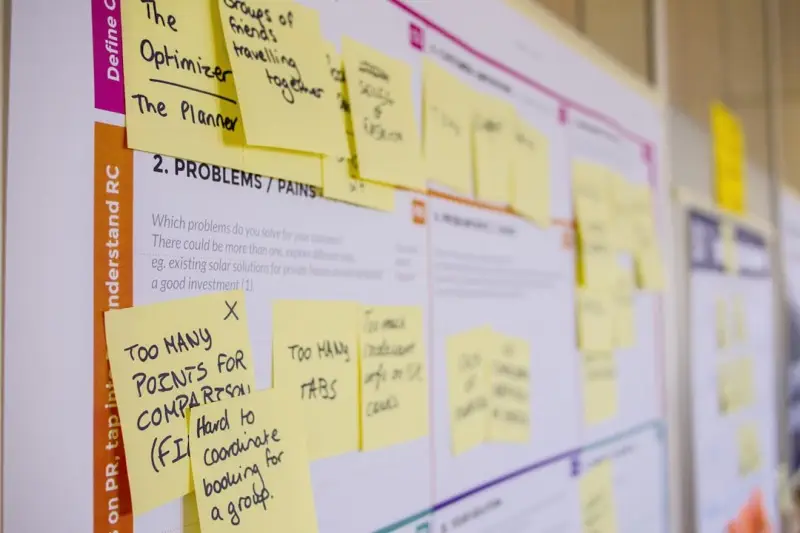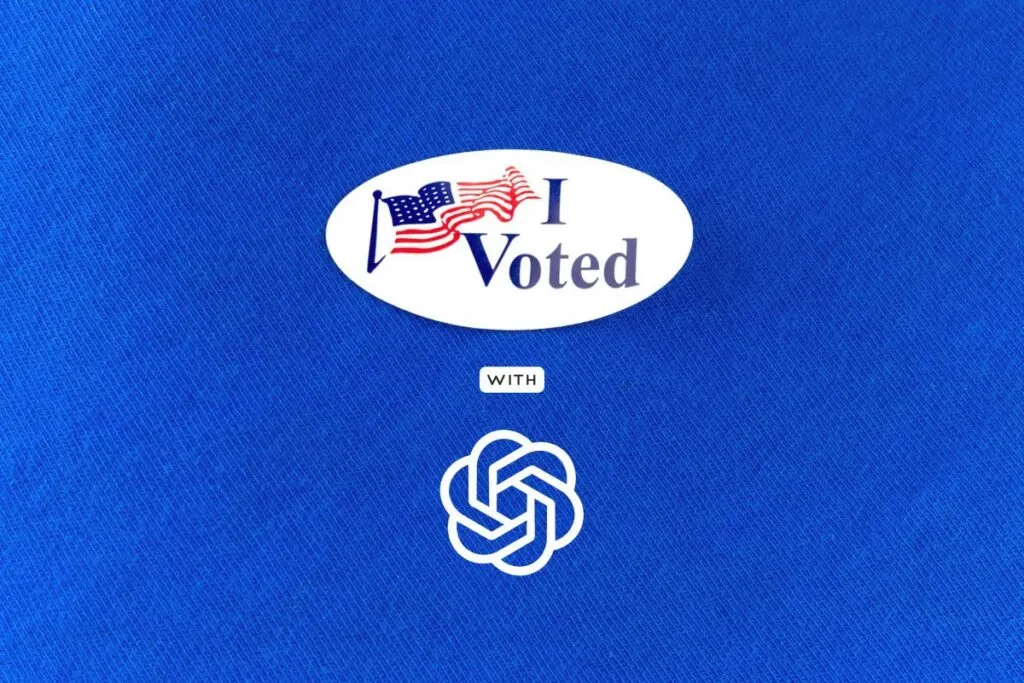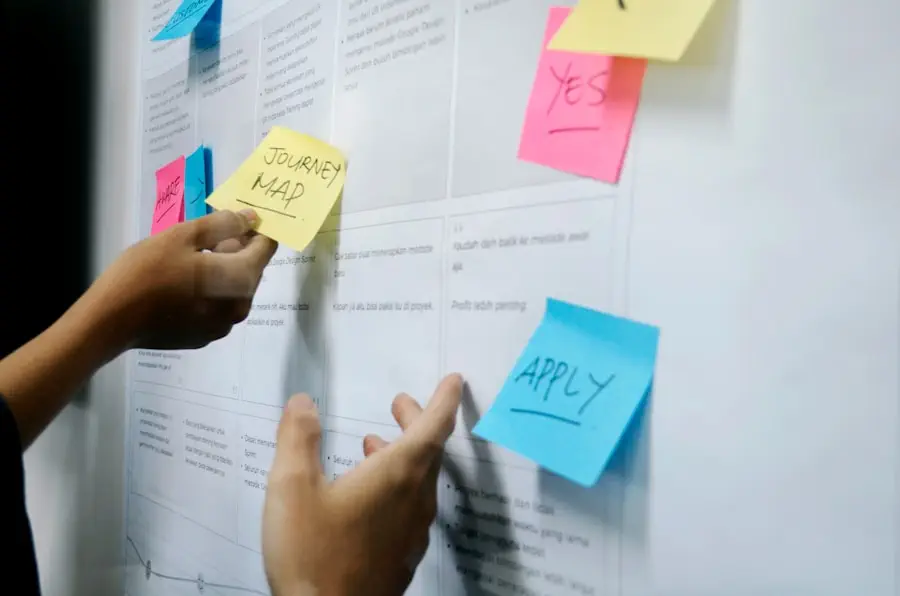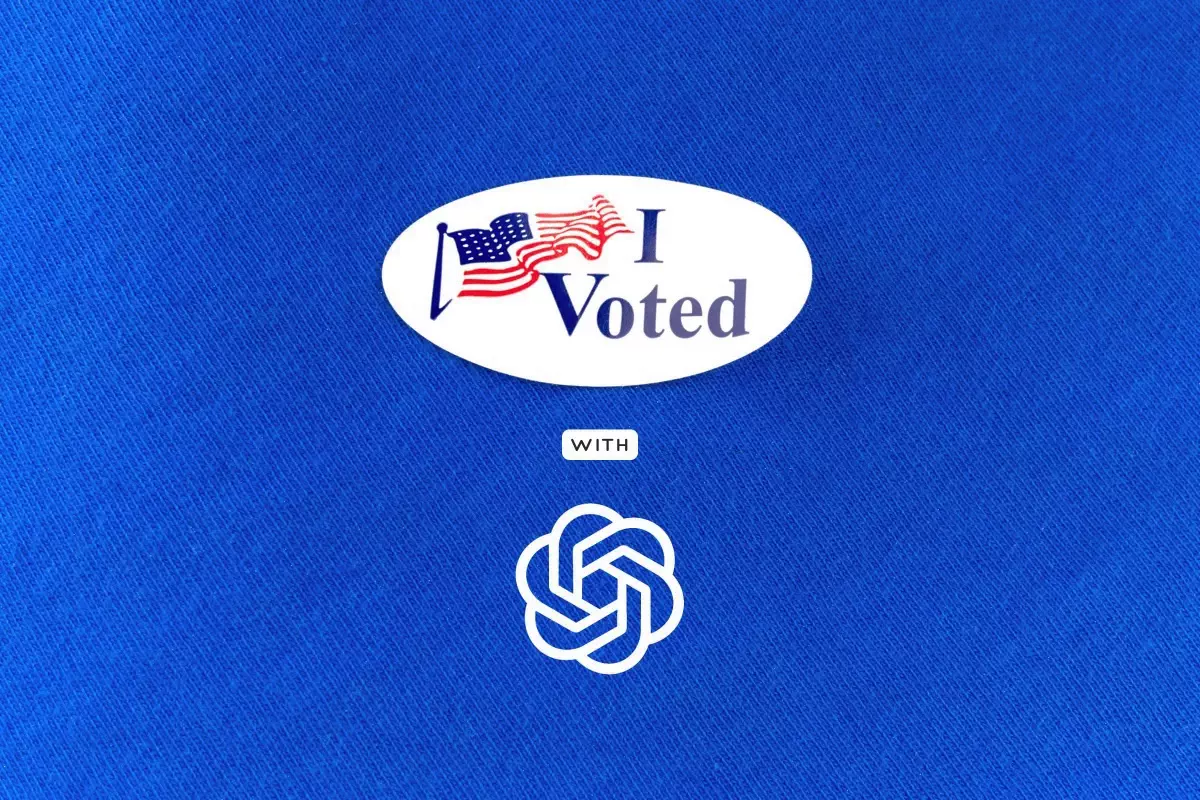This year, I decided to take advantage of early voting. I went in prepared, or so I thought. What I encountered on my ballot was far more complex than I had imagined, especially the local constitutional amendment referendums here in Broward County.
There were eight different options on the ballot, ranging from proposals for the partisan election of district school board members to the right to fish and hunt, and even the adult personal use of marijuana. At first glance, these sounded like straightforward yes-or-no questions, but the way they were worded left me feeling quite lost.
The language used in the referendums was anything but clear. I found myself reading and re-reading, trying to decode what a “yes” or “no” might actually mean. For example, one amendment asked whether I supported making certain school board positions partisan, but the phrasing was so convoluted that I couldn’t tell if I was voting for more transparency or more red tape. It was at that moment I realized I needed some help—and fast.
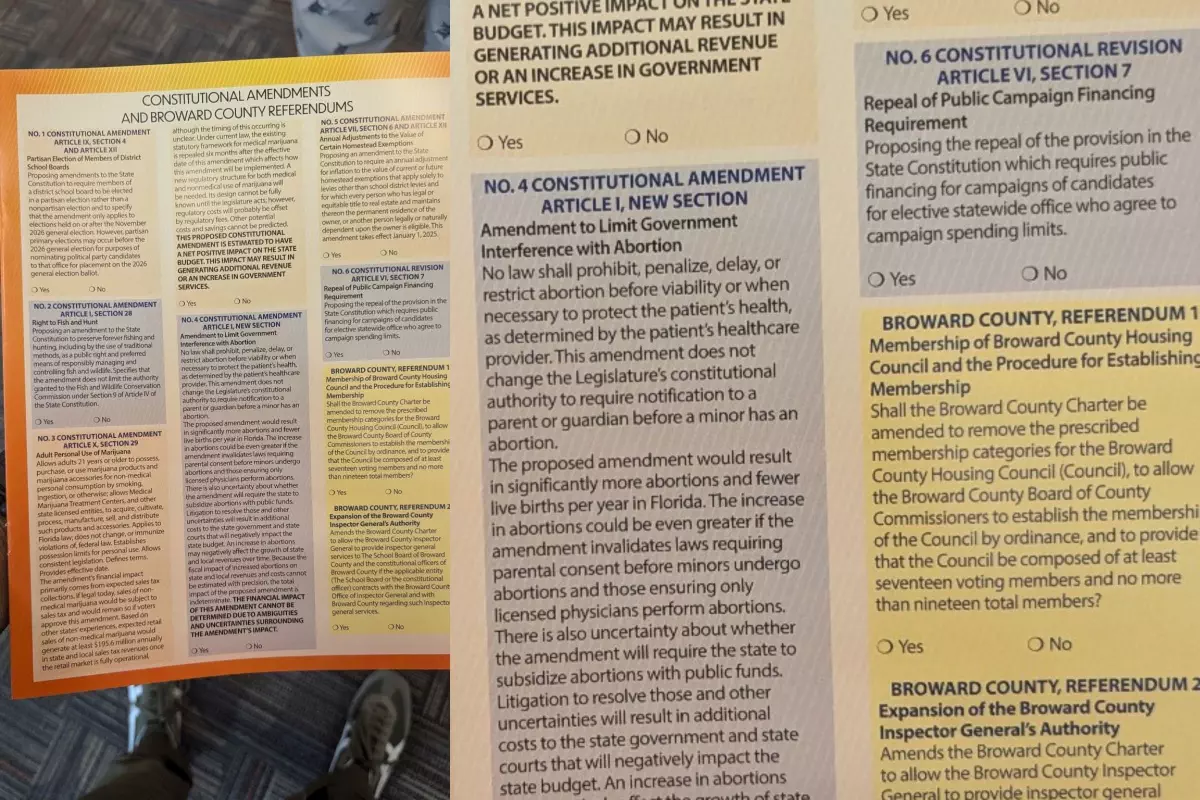
Luckily, we live in an era where information is at our fingertips. I turned to tools like ChatGPT and VoteWise to make sense of it all. I took a photo of the sample ballot, uploaded it, and created a prompt asking for a simplified version of each amendment. The response was incredibly helpful; it broke down the referendums into plain language, making it much easier for me to understand what was really being asked.
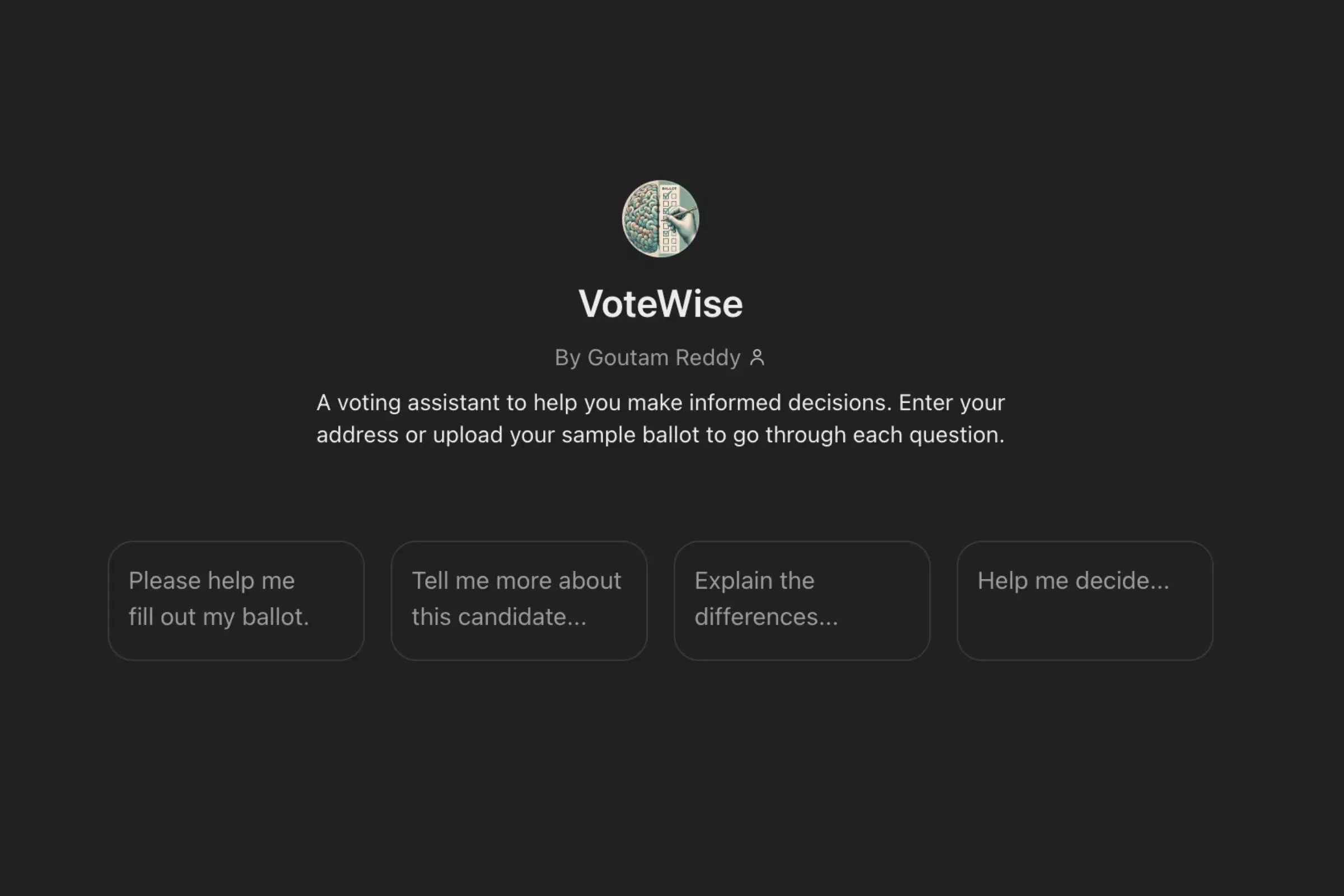
Here’s the results:
Constitutional Amendment No. 1:Partisan Election of School Board Members
- Summary: This amendment proposes requiring members of district school boards to be elected through a partisan election (where candidates declare their political party) instead of the current nonpartisan method. If passed, it would take effect for the 2026 general election.
- Supporters argue: It could bring more transparency by showing voters the political affiliation of school board candidates, which some believe reflects their values and decisions.
- Opponents argue: It might increase political division in school governance, which has traditionally been a nonpartisan area focused on students and education rather than party politics.
- Potential impact on community: It could introduce more political polarization into local school board elections.
- Options:
- Vote Yes, if you believe school board elections should include political party affiliation.
- Vote No, if you prefer school board members remain nonpartisan.
Constitutional Amendment No. 2: Right to Fish and Hunt
- Summary: This amendment seeks to preserve the rights to fish and hunt in Florida using traditional methods, explicitly recognizing them as constitutional rights.
- Supporters argue: It helps protect Florida’s long-standing heritage of fishing and hunting from future legal or regulatory challenges.
- Opponents argue: It may be unnecessary as no immediate threats to these rights exist and it could complicate future regulations aimed at conservation or wildlife protection.
- Potential impact on community: It could preserve recreational activities for local fishermen and hunters, but might make it harder to implement conservation efforts if those activities are constitutionally protected.
- Options:
- Vote Yes, if you support ensuring fishing and hunting are protected as constitutional rights.
- Vote No, if you think current regulations are sufficient without a constitutional amendment.
Constitutional Amendment No. 3: Adult Personal Use of Marijuana
- Summary: This amendment would legalize adult use (21 and over) of marijuana in Florida, allowing licensed businesses to sell and distribute marijuana products. It does not change the federal status of marijuana, which remains illegal.
- Supporters argue: It could lead to significant tax revenue for the state, help reduce criminalization for marijuana-related offenses, and provide adults more personal freedom.
- Opponents argue: Marijuana remains illegal under federal law, and legalization could have social or health risks, including increased use among minors or driving under the influence.
- Potential impact on community: Legalization could bring in additional revenue and reduce some criminal justice burdens, but concerns remain about potential social and health effects.
- Options:
- Vote Yes, if you support legalizing marijuana for adult use.
- Vote No, if you oppose marijuana legalization.
Constitutional Amendment No. 4: Limit Government Interference with Abortion
- Summary: This amendment would prohibit any government interference in the right to abortion in Florida, up to the point of fetal viability.
- Supporters argue: It strengthens abortion protections in Florida, ensuring that personal healthcare decisions remain between a patient and their healthcare provider without government involvement.
- Opponents argue: It could result in fewer regulations and restrictions on abortion, which some people view as morally or ethically wrong. There are concerns about its broad language and potential future implications.
- Potential impact on community: It could provide stronger protection for reproductive rights, but could also polarize opinions on abortion laws.
- Options:
- Vote Yes, if you support expanding abortion rights and limiting government regulation of reproductive healthcare.
- Vote No, if you believe the government should have a role in regulating abortion.
Constitutional Amendment No. 5: Annual Homestead Exemption Adjustments
- Summary: This amendment would adjust the value of certain homestead exemptions in response to inflation, helping residents retain more property tax benefits over time.
- Supporters argue: It would protect homeowners, especially seniors or those on fixed incomes, from rising property taxes due to inflation.
- Opponents argue: It could reduce revenue for local governments, which depend on property taxes to fund schools, public services, and infrastructure.
- Potential impact on community: Homeowners may benefit from lower property tax burdens, but local government services could see reduced funding.
- Options:
- Vote Yes, if you support adjusting homestead exemptions to account for inflation.
- Vote No, if you believe current homestead exemptions are sufficient.
Constitutional Amendment No. 6: Repeal of Public Campaign Financing Requirement
- Summary: This amendment would repeal the provision requiring public financing for statewide campaigns of candidates who agree to spending limits.
- Supporters argue: Public funds should not be used for political campaigns, and this change would save taxpayer money.
- Opponents argue: Public financing helps level the playing field for candidates who might not have access to large private donations, encouraging more grassroots campaigns.
- Potential impact on community: Ending public financing could reduce the financial burden on taxpayers, but it might also make it harder for underfunded candidates to run viable campaigns.
- Options:
- Vote Yes, if you support repealing public campaign financing for statewide candidates.
- Vote No, if you believe public financing is important to maintain.
Broward County Referendum 1: Membership of Housing Council
- Summary: This referendum proposes expanding the Broward County Housing Council’s membership to include more representatives and potentially expand its influence.
- Supporters argue: A larger and more inclusive Housing Council could better address the housing needs of a diverse and growing population.
- Opponents argue: Expanding the council could complicate decision-making or increase bureaucracy without improving outcomes.
- Potential impact on community: More representation could help address local housing concerns, but the effect of expanding membership is uncertain.
- Options:
- Vote Yes, if you support expanding the Housing Council’s membership.
- Vote No, if you prefer the council’s current structure.
Broward County Referendum 2: Expansion of Inspector General’s Authority
- Summary: This referendum seeks to expand the Inspector General’s authority to include overseeing the School Board and constitutional offices of Broward County, ensuring transparency and accountability.
- Supporters argue: It would increase government transparency and accountability, ensuring more oversight of local institutions.
- Opponents argue: Expanding the Inspector General’s authority could add to government costs and may not be necessary if existing oversight is deemed sufficient.
- Potential impact on community: Increased oversight could help reduce corruption and inefficiency, but might also add to bureaucratic costs.
- Options:
- Vote Yes, if you support expanding the Inspector General’s oversight.
- Vote No, if you believe current oversight is sufficient.
This process not only made voting less stressful but also made me feel more confident about the decisions I was making. I wasn’t just guessing or assuming I understood what was at stake; I was informed. I could clearly see how each option might affect the community, and that clarity turned what could have been an overwhelming experience into an empowering one.
If you’re heading to the polls soon and are feeling uncertain, remember that it’s okay to seek out resources. Whether it’s online tools, discussions with friends, or guides from community organizations, having a clear understanding of what’s on your ballot is crucial. Voting is one of the most direct ways we can influence our community’s future—let’s make sure we do it with clarity and intention.
Blog Posts

